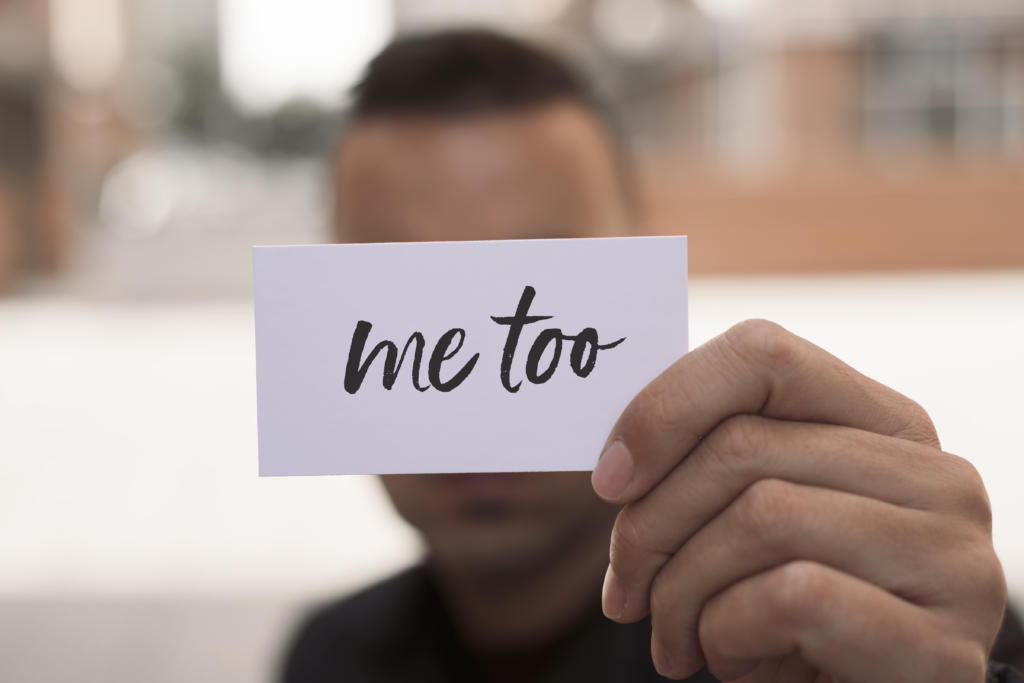
The #MeToo movement has, rightly, had a lot of attention over recent years and protecting employees against sexual harassment has acquired renewed prominence in the minds of many employers. The media publicity around #MeToo has highlighted some worrying practices within the charitable sector and in this article we look at what obligations there are on charities particularly in relation to volunteers and at some changes that may be on the horizon.
What do we mean by harassment?
Harassment is a type of discrimination formally defined in the Equality Act 2010 (the Act). The general definition provides that a person (A) harasses another (B) if A engages in unwanted conduct related to a protected characteristic which has the purpose or effect of violating B’s dignity or creating an intimidating, hostile, degrading, humiliating or offensive environment for B. There are also specific definitions of harassment in relation to unwanted conduct related to sex and unwanted conduct of a sexual nature.
Are volunteers protected by the Act?
Protection under the Act is linked to employment status. Whether volunteers should explicitly be covered by discrimination law has been the subject of much discussion over the years but has been rejected at both European and UK level. On the face of it, therefore, a volunteer would presently be unable to bring a claim under the Act alleging harassment or any other form of discrimination.
What changes is the Government looking at?
The Government launched a consultation on 11 July 2019 on how best to tackle sexual harassment in the workplace. The consultation covers a broad range of areas and sits alongside a public consultation inviting the views and experience of members of the public, with the intention that the Government will then have a more informed understanding of the reality of people’s experiences in this area.
The consultation asks whether a new duty should be introduced requiring employers to protect workers from harassment in the workplace, the thinking being that although the Act provides protection for employees against harassment, the fact that it remains widespread suggests that that protection, in and of itself, is not enough. The imposition of that new duty would be likely to look similar to the current employer’s defence under the Act, namely that they have taken all reasonable steps to prevent the harassment. The Equality and Human Rights Commission might acquire the right to enforce any breaches and a financial penalty might be introduced to punish breaches. The consultation also asks whether a new statutory code of practice should be launched, together with an awareness campaign, and whether doing so would increase employers’ prevention efforts.
One specific set of questions posed by the consultation is whether volunteers, who often give huge amounts of time and expertise in their charitable roles, should also benefit from protection.
How might this work in practice?
There is a concern that extending the protection to volunteers might require addressing the huge range of volunteering that takes place within different organisations. Some volunteering happens on an informal and very occasional basis whilst other volunteering looks much more like an employment relationship. Some organisations use only small numbers of volunteers whilst others are entirely volunteer-led. The consultation does expressly ask about the possibility of two legal categories of volunteering (for example, based around size of organisation or formality of involvement) but that perhaps runs the risk of charities seeking to keep roles informal when they should properly be formalised, creates a lack of clarity and may lead to those in smaller charities or less formal roles feeling devalued.
There is also a risk that in expanding protection to volunteers, that extra level of compliance could have a detrimental impact on smaller charities or could reduce the number of volunteering opportunities available. There would be an associated cost from the proposals both in ensuring understanding within organisations of the increased rights and obligations and in defending any claims that might arise. In a sector increasingly under pressure from rising costs and falling funding, those additional costs could have potentially significant implications.
When will we hear any more?
The consultation closed on 2 October 2019 but as yet, no response has been published. Unfortunately, the preoccupation of Parliamentary time with Brexit and now with a General Election means that important social and legislative developments are not getting the attention we might hope. There is no clear timetable for a response or for any progression of the proposals so organisations will need to ‘watch this space’.
Regardless of what changes are made to the law, however, there are sound social reasons for charities nevertheless to look at their existing practices and to ask themselves if they are comfortable with the protection given to their volunteers. It is in a charity’s interest to attract more volunteers and ensuring that they are not left exposed to unacceptable behaviour is likely to be to their benefit, as well as aiding employee and donor engagement more generally as well.
Our team are used to working with charitable organisations and understand that it is often difficult for them to employ their own full-time HR team. However, if, with external support and advice as necessary, charities can take steps to ensure that their policies and codes of conduct are as robust as they can be, they can still take steps to ensure that nobody working within the organisation is vulnerable to harassment or any other form of discrimination.
